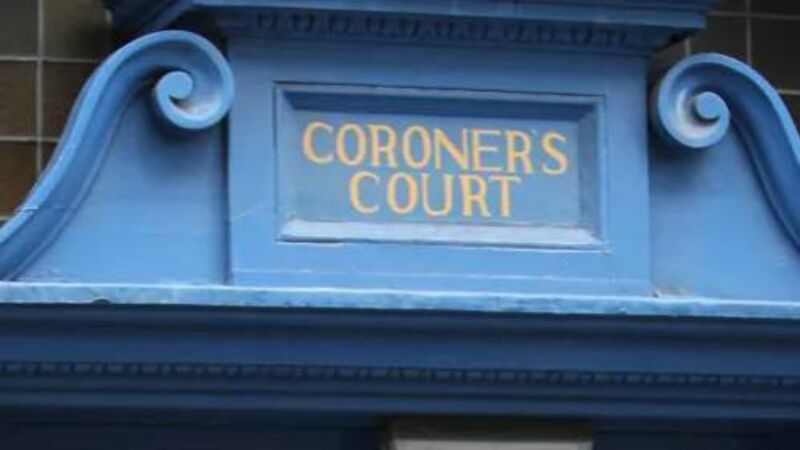City Hall seeking to shorten inquest waiting times at Cork City Coroner's Court to help grieving families

In a report issued to councillors, Adrienne Rodgers, the council’s director of services in its community, culture, and placemaking directorate, said that since the appointment of the current City Coroner, Cork City Council has “engaged regularly and actively in streamlining systems within city council and the Coroner’s office to eliminate delays”.
A CORK city councillor has welcomed measures taken by the council to reduce long waiting times for the hearing of inquests in Cork city, which he hopes may “pave a way forward” to seeing some progress on the issue.
Sinn Féin councillor Eolan Ryng tabled a motion at Monday night’s full council meeting asking the council to note that Cork City Coroner’s Court deals with a quarter of cases of its Dublin counterpart but despite this, the staffing levels are “proportionately lower than Dublin” causing delays in cases being heard.
Mr Ryng said that these delays are causing “additional heartache and grief” for loved ones of the deceased and his motion called on the council to increase staffing levels “to deliver a service comparable with Dublin and thus provide closure and comfort for many in a more timely fashion”.
In a report issued to councillors, Adrienne Rodgers, the council’s director of services in its community, culture, and placemaking directorate, said that since the appointment of the current City Coroner, Cork City Council has “engaged regularly and actively in streamlining systems within city council and the Coroner’s office to eliminate delays”.
“Within a year of his appointment, Cork City Council replaced a system of subsidising the cost of a second additional member of staff with the appointment of a clerical officer on city council payroll.
“In addition to the staff member employed directly in the Coroner’s office, Cork City Council has a permanent part-time clerical officer assigned only to Coroner’s duties and a senior staff officer supervises the appropriate payments assigned to the service,” the report continued.
It also stated that “considerable resources” from the council’s ICT Department and the Business Process and Service Improvement Division of its Corporate Affairs Department have been assigned “to support improvements and automation to assist the Coroner’s office”.
“The procurement section has also added their considerable expertise in assisting the office in procuring related services,” the report continued.
Ms Rodgers said that the Covid-19 pandemic had caused “unavoidable delays, particularly in relation to the conduct of the Coroner’s court” but said that the council have worked closely with the Coroner’s office to mitigate this as much as possible.
The council, she said, remains “committed to providing the best possible service and support to the office” and said that it is hoped the changes the council is developing coupled with the easing of restrictions “will lead to the avoidance of delay and upset currently experienced by some families”.
Ms Rodgers also advised that should the Coroner seek to have Cork City Coroner’s Office brought in line with that in Dublin i.e. under the direct jurisdiction of the Department of Justice, the council would be happy to support this request.
Speaking at Monday’s council meeting, Mr Ryng said he welcomed the report and the measures taken by the council in a bid to tackle waiting times.

“It potentially opens and paves a way forward to maybe progress this issue.
He said that long delays in inquests being heard is causing further upset to grieving families and “re-traumatising people to an extent”.
“I think we should be moving for a more timely solution. Hopefully, we can keep this on the agenda and collectively sort going forward,” he said.
Long delays for the hearing of inquests in Cork city was raised at a national level by Mr Ryng’s party colleagues, Cork North Central TD Thomas Gould and Cork South Central TD Donnchadh Ó Laoghaire last year.
Both had called for the recruitment of additional administrative staff for the Coroner's Court in Cork.
In response to a parliamentary question submitted by Mr Gould late last year, Justice Minister Helen McEntee said that neither she nor her Department “has any function in relation to the recruitment of staff for coroners courts”.
“Coroner staffing and recruitment for Cork City Coroner’s Court is a matter for Cork City Council,” she continued.







 App?
App?


